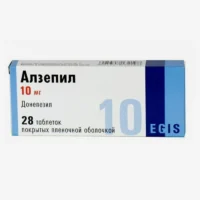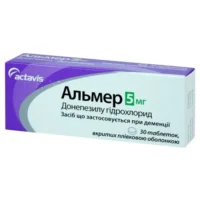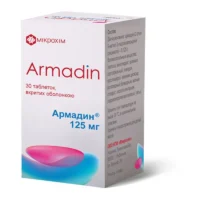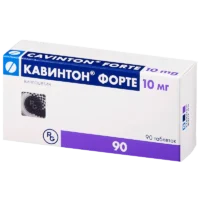Description
Sertraloft (Sertraline) Coated Tablets 50 mg. №30
Ingredients:
- Each tablet contains 50 mg of sertraline hydrochloride.
Dosage:
- The usual recommended dose is one 50 mg tablet daily.
- It is important to follow the instructions of your healthcare provider.
Indications:
- Sertraloft is indicated for the treatment of depression, obsessive-compulsive disorder (OCD), panic disorder, post-traumatic stress disorder (PTSD), social anxiety disorder, and premenstrual dysphoric disorder.
Contraindications:
- Do not use Sertraloft if you are allergic to sertraline or if you are taking a monoamine oxidase inhibitor (MAOI).
- Consult your doctor before starting this medication.
Directions:
- Take Sertraloft exactly as prescribed by your doctor.
- Swallow the tablet whole with water, with or without food.
Scientific Evidence:
Sertraline, the active ingredient in Sertraloft, is a selective serotonin reuptake inhibitor (SSRI) that works by increasing the levels of serotonin in the brain. This neurotransmitter is involved in regulating mood, emotions, and behavior. Several studies have shown the efficacy of sertraline in the treatment of various mental health conditions.
A meta-analysis published in the Journal of Clinical Psychiatry concluded that sertraline is effective and well-tolerated in the treatment of major depressive disorder. Another study in the Journal of Anxiety Disorders found that sertraline was superior to a placebo in reducing symptoms of social anxiety disorder.
Additional Information:
- It is important to continue taking Sertraloft even if you feel well, as stopping suddenly can lead to withdrawal symptoms.
- Contact your doctor if you experience any unusual or severe side effects.
- Before using Sertraloft, inform your doctor about any other medications you are taking, including prescription, over-the-counter, and herbal supplements.
- Avoid alcohol while taking this medication.





